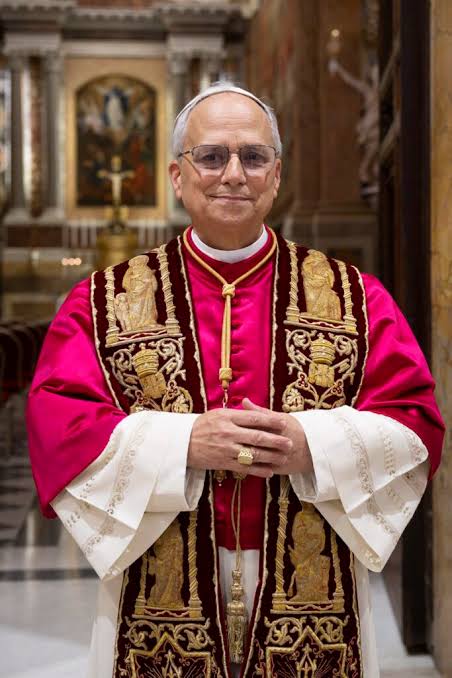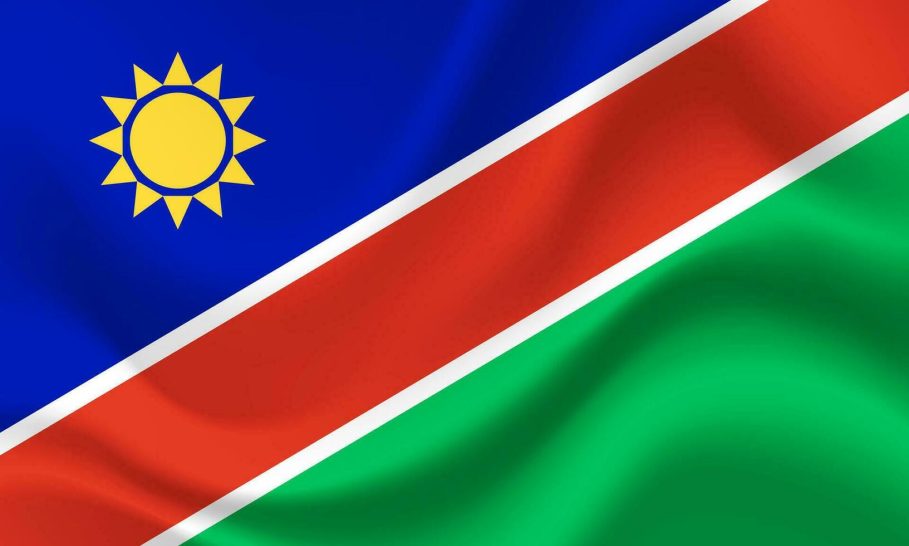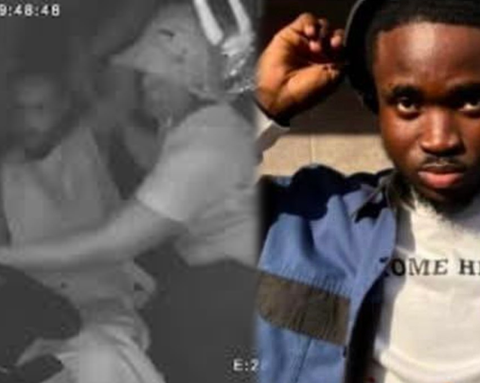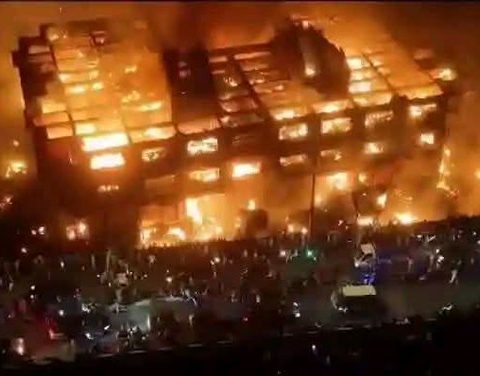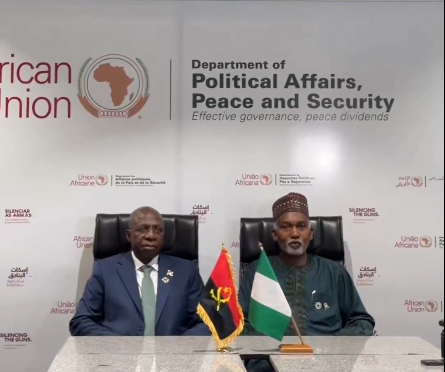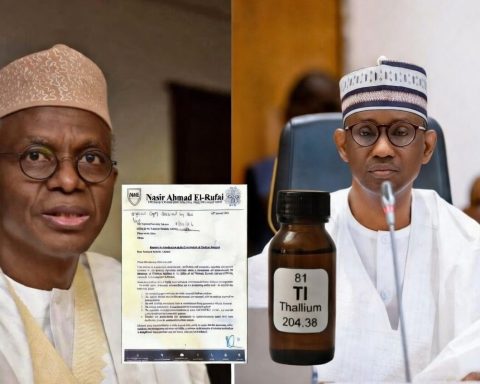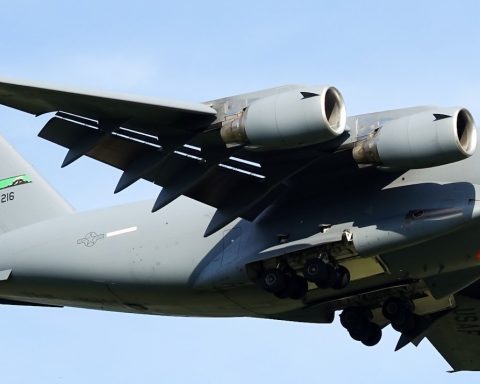Pope Leo XIV has renewed global attention on the plight of persecuted Christians, naming Nigeria among four countries where believers face discrimination and violent attacks.
The Pontiff made the remarks in a Sunday post on his official X account and during his Angelus prayer at the Vatican.
“In various parts of the world, Christians suffer discrimination and persecution,” he wrote, singling out Bangladesh, Nigeria, Mozambique, and Sudan as nations where attacks on worshippers and church communities remain frequent.
Join our WhatsApp Channel“God is a merciful Father who desires peace among all His children!” the Pope added, urging prayers for victims of violence worldwide.
Condemnation of Killings in DR Congo
Pope Leo XIV also expressed solidarity with families in North Kivu, Democratic Republic of the Congo, where terrorists killed approximately 20 civilians at a Church-run hospital in Byambwe last Friday.
“Let us pray that all violence may cease and that believers may work together for the common good,” he appealed.
The Pope further condemned ongoing attacks on Ukrainian cities, including Kyiv, cautioning the world against becoming “accustomed to war and destruction.”
Road Accident in Peru
He extended prayers to the families of at least 37 people who died in a road accident in southern Peru last week, calling for greater responsibility among road users.
Church Marks Day of Prayer for Abuse Victims
Pope Leo noted that the Italian Church observed Sunday as the Day of Prayer for Victims and Survivors of Abuse, urging a stronger culture of respect and protection for minors and vulnerable persons.
Nigeria and Trump’s Intervention: A Time for Truth and Renewal
U.S. Designation of Nigeria as ‘Country of Particular Concern’ Stirs Debate
The Pope’s comments come as Nigeria remains at the centre of heated international discussions on religious freedom and security. On October 31, U.S. President Donald Trump designated Nigeria a “Country of Particular Concern” (CPC), citing what he described as an “existential threat” to Christians.
“Thousands of Christians are being killed. Radical Islamists are responsible for this mass slaughter,” President Trump wrote on his Truth Social account.
Several senior U.S. lawmakers welcomed the designation and signalled support for Trump’s earlier warnings that the U.S. could deploy troops to Nigeria to combat extremist networks.
Mixed Reactions in Nigeria
The CPC designation has sharply divided Nigerian opinion.
Some Christian leaders and citizens view the move as overdue support for beleaguered communities targeted by terrorists and armed groups. Others argue that foreign military intervention would undermine Nigeria’s sovereignty.
Nigeria’s Minister of Information and National Orientation, Mohammed Idris, dismissed the U.S. claims of “Christian genocide” as misleading and unreflective of the complexities of the country’s security challenges.
Attacks on Churches and the Case of Leah Sharibu
Terrorist groups and bandits have destroyed hundreds of churches across northern and central Nigeria. One of the most emotive symbols of the crisis remains Leah Sharibu, abducted by ISWAP in February 2018 along with 109 other schoolgirls from Dapchi, Yobe State.
While 104 girls were released and five reportedly died during the abduction, Sharibu remains in captivity nearly eight years later. Former abductees have said she is being held because she refused to renounce her Christian faith, with some reports describing her as a “slave for life.”
Critics of the CPC label also highlight that Muslim communities have likewise suffered mass killings, mosque burnings, and large-scale displacement at the hands of terrorists.
Amanze Chinonye is a Staff Correspondent at Prime Business Africa, a rising star in the literary world, weaving captivating stories that transport readers to the vibrant landscapes of Nigeria and the rest of Africa. With a unique voice that blends with the newspaper's tradition and style, Chinonye's writing is a masterful exploration of the human condition, delving into themes of identity, culture, and social justice. Through her words, Chinonye paints vivid portraits of everyday African life, from the bustling markets of Nigeria's Lagos to the quiet villages of South Africa's countryside . With a keen eye for detail and a deep understanding of the complexities of Nigerian society, Chinonye's writing is both a testament to the country's rich cultural heritage and a powerful call to action for a brighter future. As a writer, Chinonye is a true storyteller, using her dexterity to educate, inspire, and uplift readers around the world.


